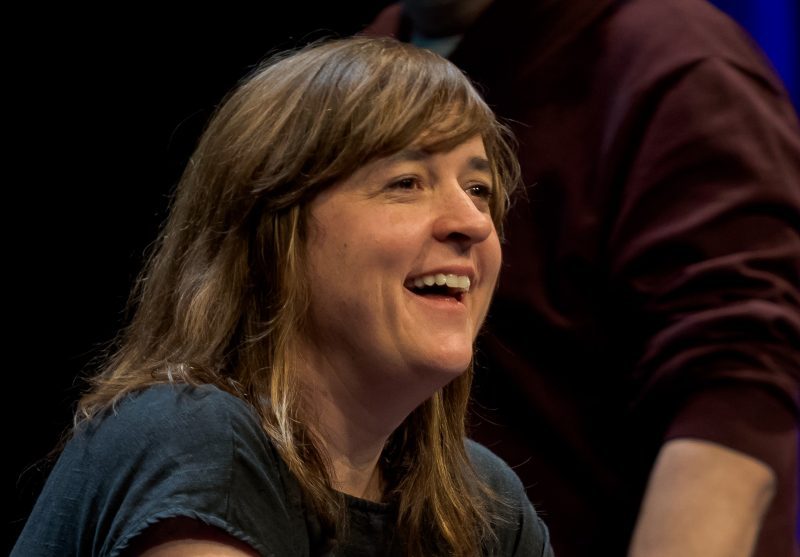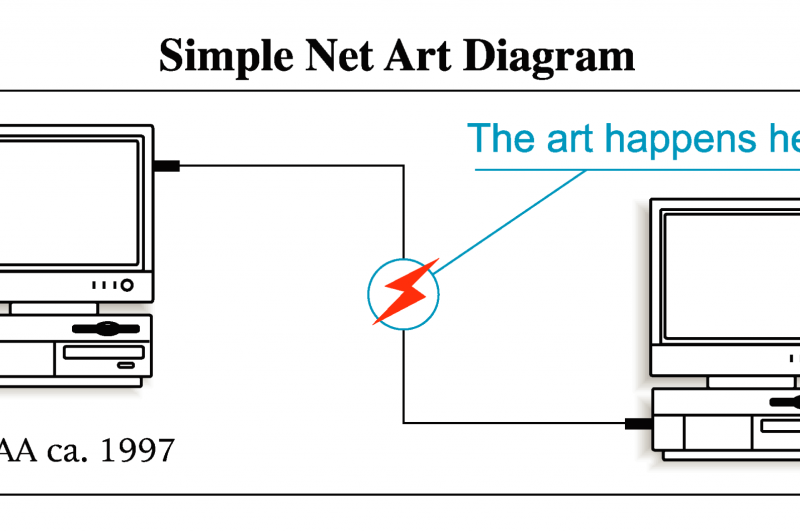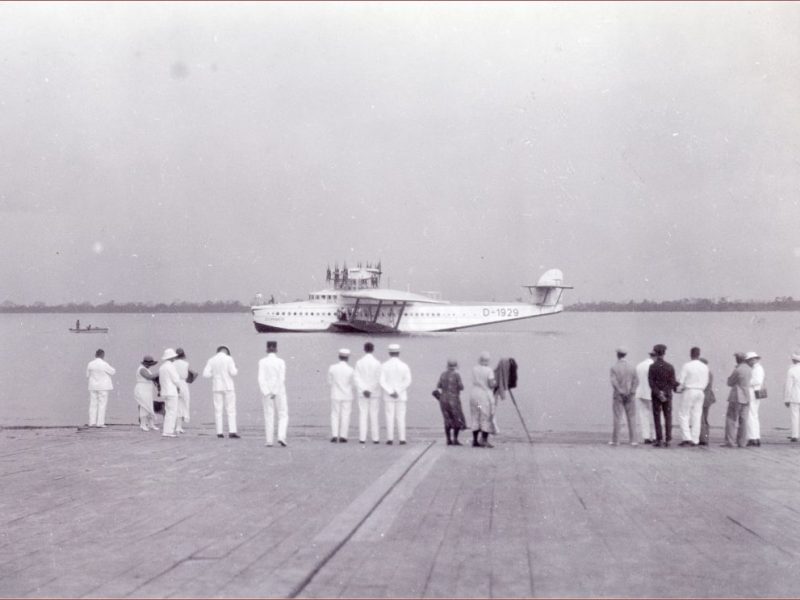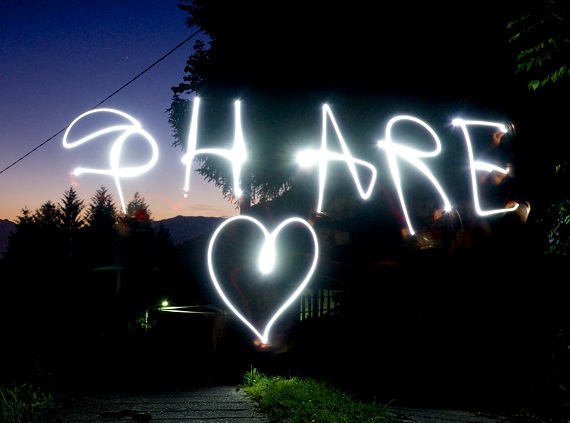
How could Wikimedia Commons be improved? A conversation with designer George Oates
Earlier this year, the Wikimedia Foundation asked designer George Oates, who has worked for Flickr and the Internet Archive‘s Open Library, among others, to conduct a deep dive into Wikimedia Commons, the free media repository that provides many of the images used on Wikipedia. We wanted a fresh pair of eyeballs, and we were particularly….

Many faces of Wikibase: Rhizome’s archive of born-digital art and digital preservation
Rhizome, an arts organization in New York City, was one of the early adopters of Wikibase, having been using it since 2015 for its archive of born-digital art and digital preservation activities. Sandra Fauconnier interviewed Dragan Espenschied (Rhizome’s preservation director), Lyndsey Moulds (software curator), and Lozana Rossenova (external Ph.D. researcher) to ask them why and….

Making women more visible online—with Wikidata tools!
To celebrate International Women's Day and Women's History Month, Wikimedians around the world make a concerted effort each March to add and edit articles about women in Wikipedia. You can also have an impact (and fun!) by adding information about women to Wikidata, Wikimedia's multilingual knowledge base. And there are quite a few interesting and fun, volunteer-developed tools to help you with that.

What galleries, libraries, archives, and museums can teach us about multimedia metadata on Wikimedia Commons
Upcoming changes to Wikimedia Commons will make it easier to add, update, and find important information about individual files and entire collections. New research helps us understand what to improve, and why it matters.

Why you should be paying attention to Wikidata and GLAM
As a collaborative project, Wikidata is looking for more partners to fill in data gaps. Every one of the initiatives listed above needs help matching data from important collections to existing Wikidata entries, or help for the Connected Open Heritage community in prioritizing the next source of cultural data to target and improve.